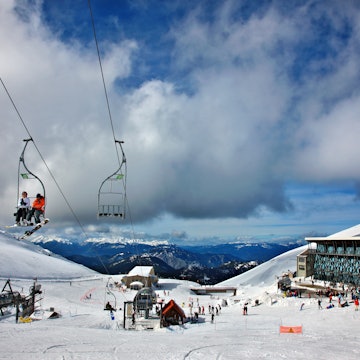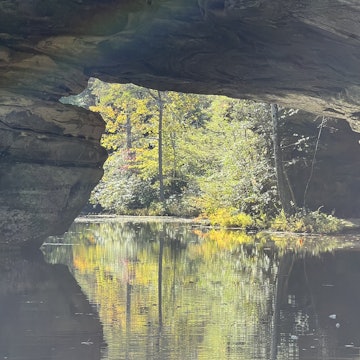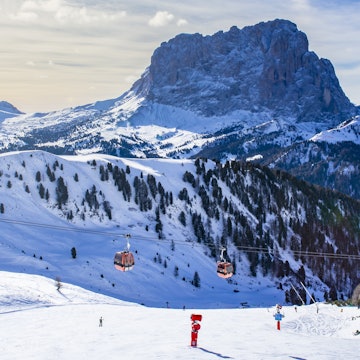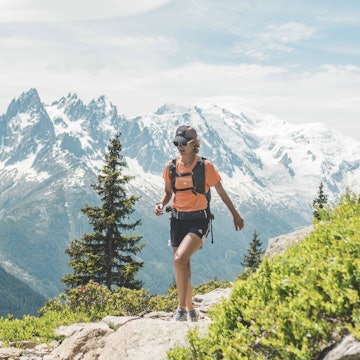

Whitsunday Island and the stunning Whitehaven Beach. Fletchie Photography / 500px
Looking to kick back this September? You're in luck. The European continent beckons with turtle watching trips in Cyprus, mellow days on the Mediterranean isle of Corsica and many opportunities to sample fabulous food in Puglia, Italy. Meanwhile, down in the southern hemisphere, Australia’s Whitsunday Islands hold their own with the promise of crystal clear waters, serene scuba diving and pristine sand as far as the eye can see.
Beautiful landscapes, balmy days and a bounty of foodie fare await those who need a relaxing break. Here are our top chill-out spots for September.

Head to north Cyprus for sun, sand, turtles and time travel
Visiting the northern half of divided Cyprus is a bit like holidaying in the 1970s. It might lack a certain slickness, but there’s also a pleasing lack of development. Some of the Med’s most unspoilt sands are here, especially along the wild Karpaz Peninsula, where you’re more likely to see donkeys and turtles than other people. Indeed, turtles visit north Cyprus regularly, and from June to late September, the Society for the Protection of Turtles runs guided, eco-sensitive night tours to view them from its base at Alagadi Beach, just east of Kyrenia’s harbour.
September is a fine time to visit: the crowds have gone but weather and waters are warm. It’s ideal for hiking between ruined Crusader castles in the Kyrenia range or strolling the well-preserved ancient city of Salamis. Don’t miss Lefkoşa, the world’s only divided capital. Amble the minaret-speared streets before passing a checkpoint for a weird wander into the bullet-scarred no man’s land that separates Turkish north and Greek south.
Trip plan: Spend a week mixing beaches, ruins, castles and traditional villages.
Need to know: Fly to Ercan Airport (North Cyprus) via mainland Turkey.
Other months: Apr–May & Sep–Oct: warm, quieter; Jun–Aug: hottest, busy; Nov–Mar: cool, wettest.
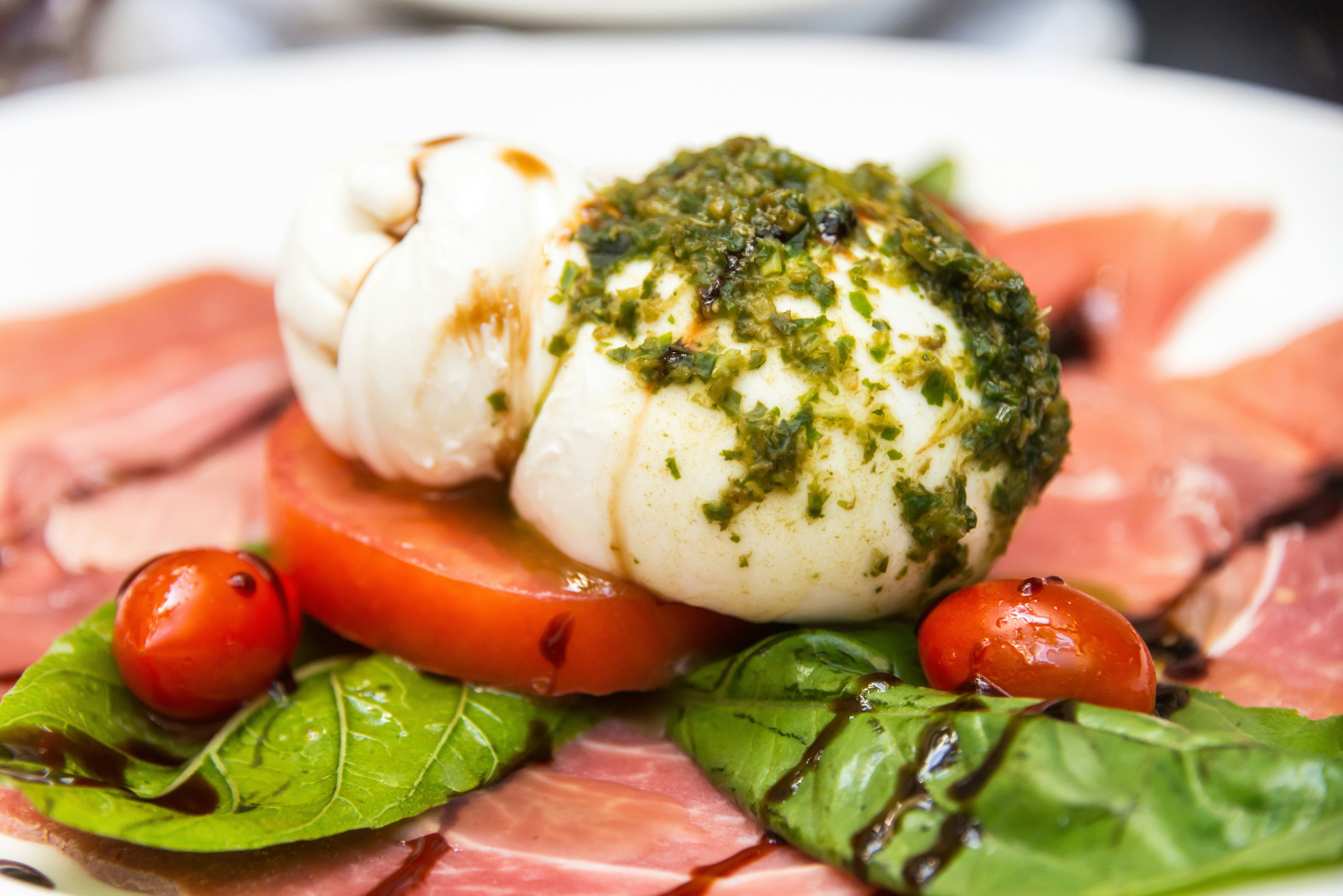
Enjoy a trulli tasty break in Puglia, Italy – without the crowds
Down at heel? Yes and no. Largely agricultural Puglia, the stiletto of the Italian boot, is one of the country's least wealthy regions; traditional Pugliese cuisine is even known as cucina povera (poor kitchen). However, it's also a richly satisfying destination – the ‘poor’ food is delicious, and historic little towns, baroque piazzas, olive groves and sandy shores are abundant.
In September, Puglia is the place to lose the crowds, still enjoy warm sunshine and indulge in both autumnal bounty and year-round local specialities, such as Burrata cheese, orecchiette pasta, seafood, endless breads (the Salento region alone has over 100 types). Hunker down in a converted masserie (fortified farmhouse) or, better, one of Puglia's trulli – conical limestone dwellings that pepper the peaceful countryside. Explore from your atmospheric base.
Trip plan: Allow one to two weeks, taking in the baroque beauty of Lecce (‘Florence of the south’), 13th-century Castel del Monte, the Grotte di Castellana cave network, the unspoilt beaches and forests of the Gargano promontory, the white city of Ostuni and the 400-odd trulli of Alberobello, a Unesco World Heritage Site.
Need to know: Bari and Brindisi both have international airports.
Other months: Nov–Apr: cool/cold, wettest; May & Sep–Oct: warm, quieter; Jun–Aug: hottest, busiest.
Learn to dive in Whitsunday Islands’ bath-warm, translucent waters
Some places are easy sells for tourist boards. Exhibit A: the Whitsundays, a string of 74 emeralds ringed with white gold, afloat in warm turquoise seas sheltered by the Great Barrier Reef. September, with rain-free days and clear seas, is prime time to explore.
Many visitors simply loll on the deck of a yacht or find a patch of pristine sand – perhaps Whitehaven, which regularly tops world’s-best-beach polls – but this is also a great place to learn to dive or develop your sub-aqua skills with short courses and liveaboard dive vessels cruising among the islands and out to the Great Barrier Reef. As well as seeing countless dazzling reef fish, you could observe sea turtles, sharks, dolphins and manta rays, which feed around the fringing reefs from May to September.
Trip plan: Airlie Beach and nearby Shute Harbour are hopping-off points for day trips, cruises, dive boats and island transfers. Hamilton Island and Whitsunday Coast Airport at Proserpine have flights from various Australian cities.
Need to know: The Great Barrier Reef proper is about 50 nautical miles (93 km) – a two-hour boat journey – east of the Whitsunday Islands.
Other months: Dec–Mar: hot, humid; Apr–May: warm, showers; Jun–Sep: mild, dry (Jul–Aug: busy); Oct–Nov: hotter, some showers.
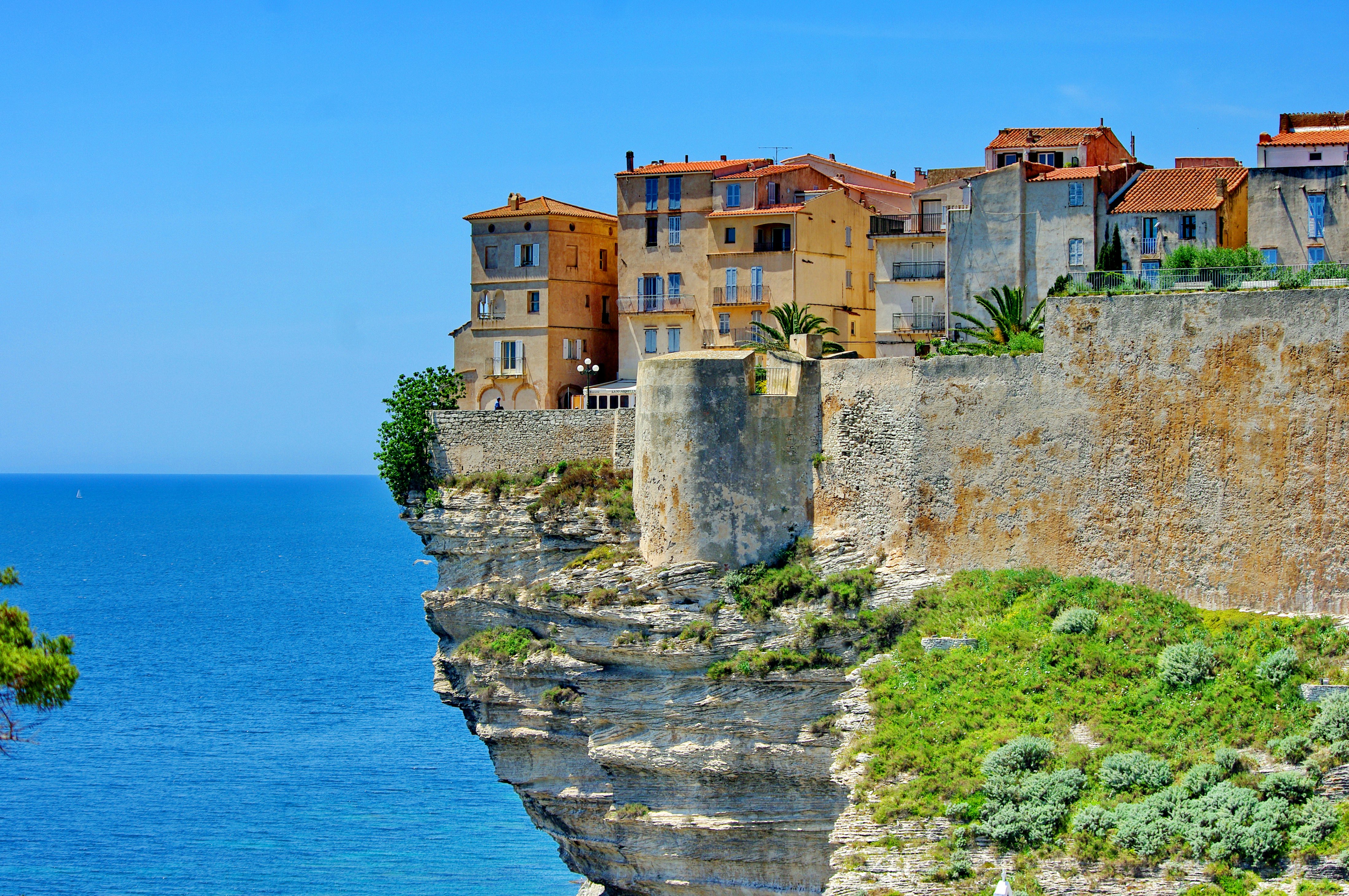
Enjoy the empty beaches and warm air of beautiful Corsica
There’s barely a straight road on the wildly rumpled Mediterranean isle of Corsica. Tarmac has to twist around mountains and through the herby maquis shrubland that blankets the interior. As such, you don’t want to tackle these roads in high summer, when the whole of France decamps to Corsica’s gorgeous shores. Instead, wait until September, when the air and sea are still warm, and the beaches – arguably Europe’s best – are empty again.
Also amble the precipitous, cliff-perched town of Bonifacio; feel the introspective vibe in hilltop Sartène; hit the Napoléon trail in lively Ajaccio, birthplace of Napoléon Bonaparte; or tour the tiny fishing ports of offbeat Cap Corse. The seemingly impenetrable interior is laced with hiking trails, including the tough but epic GR20. Tackle it all, or just a section, or book a villa in the hills, crack a Pietra beer, nibble brocciu cheese and simply contemplate the wilderness instead.
Trip plan: With one week, concentrate on one area: the north (Calvi, Île-Rousse, Bastia) or south (Propriano, Bonifacio, Porto-Vecchio). The 112-mile (180km) GR20 takes 15 days.
Need to know: Ferries sail to Corsica from France and Italy; journey time is from four to six hours.
Other months: Jul–Aug: hottest, busiest; Apr–Jun & Sep–Oct: warm, quieter; Nov–Mar: cool, some facilities close.
For more inspiration check out our article on Where to go in September.
Article first published June 2017, and updated July 2019
http://shop.lonelyplanet.com/world/where-to-go-when-1/








